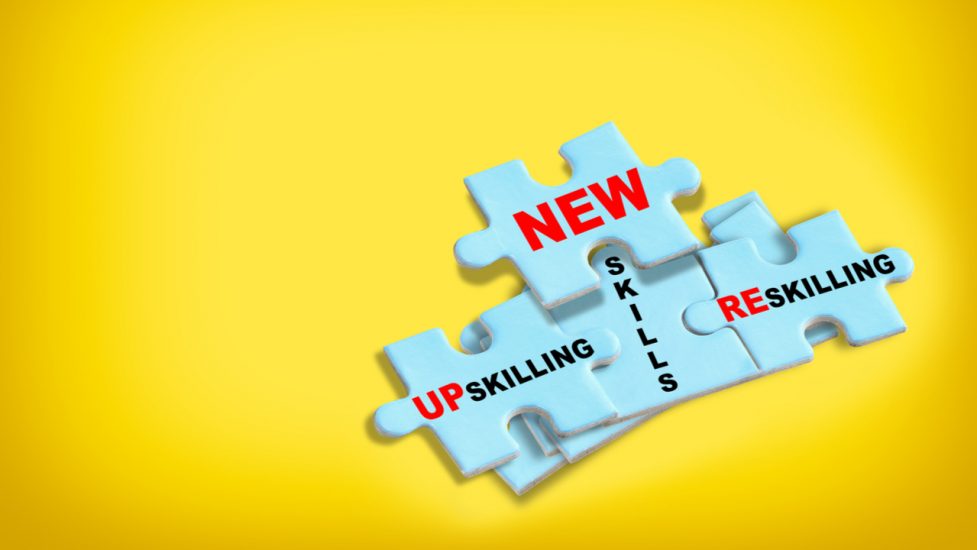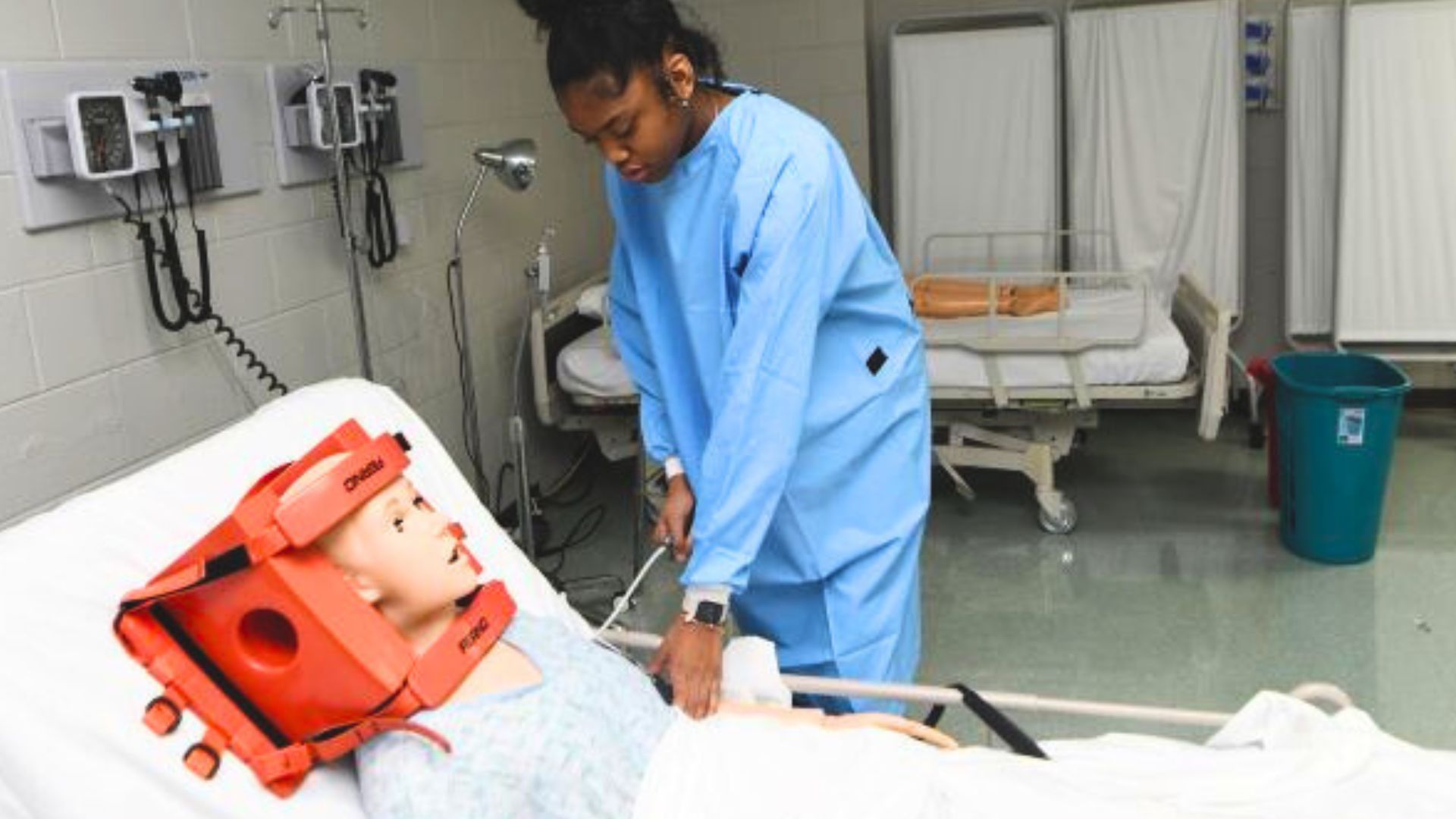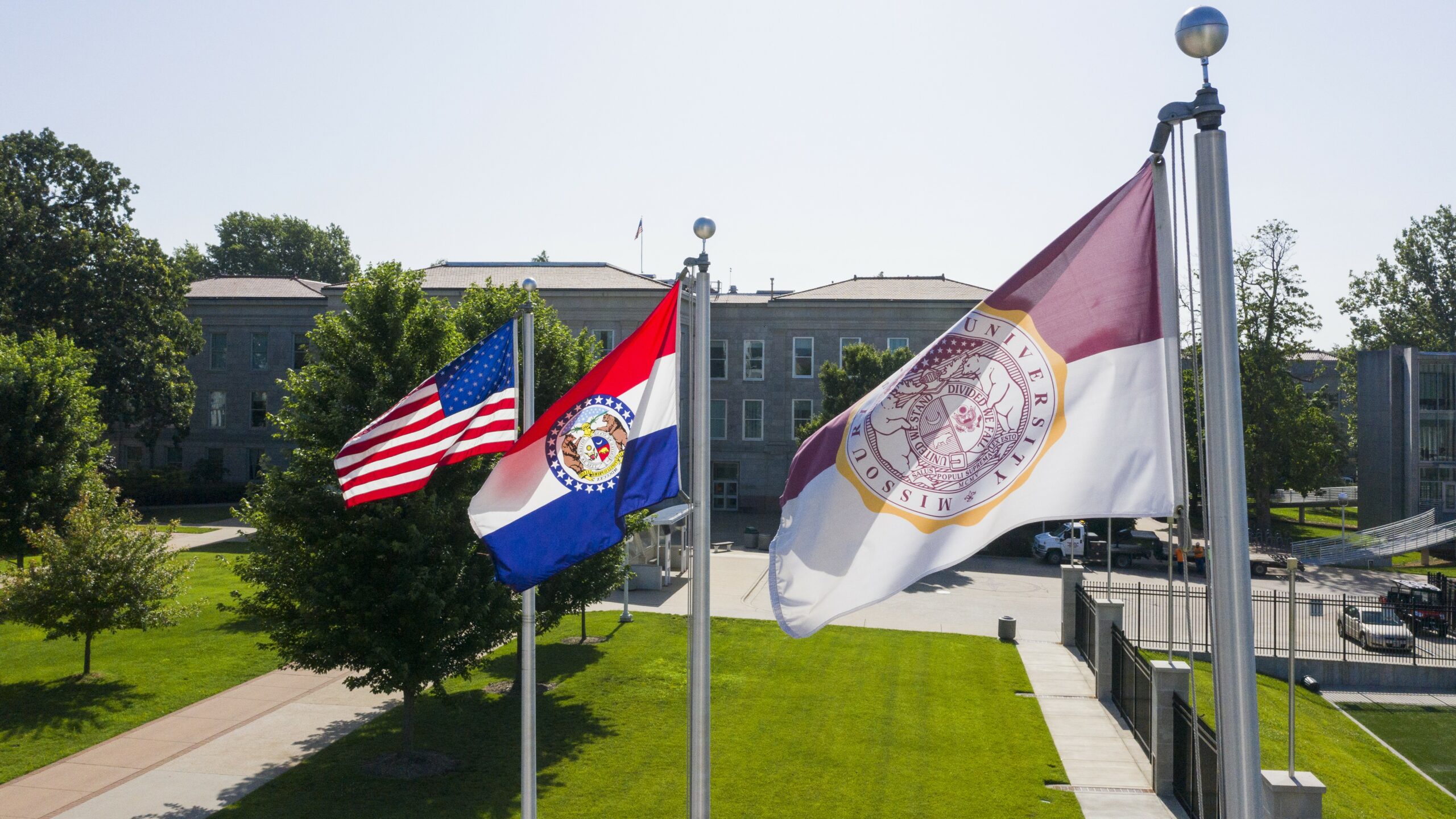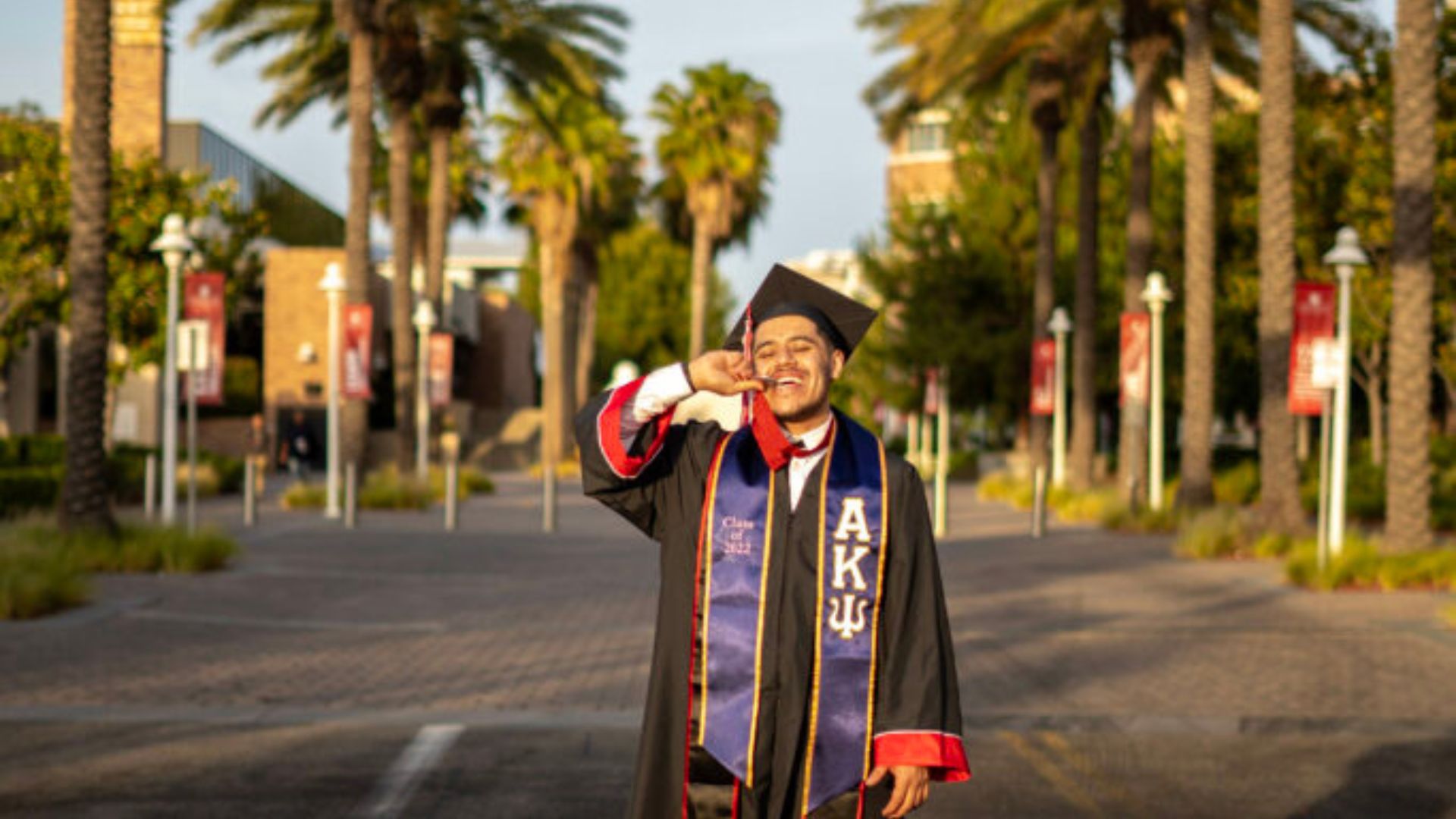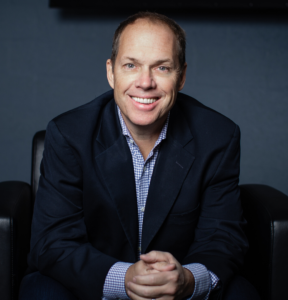
The impact of the COVID-19 pandemic on education is making all the headlines you might anticipate.
Testing companies are scrambling to put the SATs and ACTs online. Colleges are grappling with the reality of conducting class by Zoom—and its implications for equity and access. Parents around the country are navigating the shift to becoming facilitators of online learning—if they’re lucky enough to have devices and internet access to do so at all.
These reporters are asking important questions. They’re raising issues and challenges we’ll need to face as a country as we slowly make our way out of this crisis. But they’re missing a much bigger story.
The Untold Story
Over 71 million “middle skilled” Americans aren’t a part of the education story that gets told in the news. Research from the nonprofit Higher Learning Advocates suggests that non-traditional students comprise 74 percent of all higher education students, but just six percent of the coverage of key topics in post-secondary education, like debt and student success.
But middle-skill jobs make up more than half of the U.S. labor market, and roles requiring more than a high school diploma but less than a four-year degree will exceed white-collar occupations between now and 2022. More urgently, these workers are the majority of the more 30 million people who have filed jobless claims in recent weeks. And yet, they are all but invisible in the national conversation about education.
Today, this disparity is being thrown into ever sharper relief.
As the country remains locked down, workers without college degrees are the ones keeping our streets clean and our lights on. They’re manning grocery store check-out lines and checking in patients at urgent care centers. In short, they are on the front lines of one of the most pervasive threats this country has ever faced. But in the months to come, the income, health, and opportunity gaps that were pervasive before the virus are only going to grow.
A Story About Education or Inequality or Both?
At this point, it’s reasonable to ask: is this really a story about education? Isn’t it really a story about economic inequality, and shouldn’t we tell it as such? To do so is, in some ways, to take that very inequality—and education’s role in addressing it—for granted.
Middle-skill workers don’t end up stuck in their jobs on purpose. They often lack access—digital, geographic, and financial—and we know there is a strong correlation between this fraying of social fabric and low economic mobility. They are continuously, and systematically, failed by a system that prioritizes legacy signals like the four-year degree and ignores the efforts, achievements, and skills of anybody without one.
The current crisis will fundamentally change how we think, behave, and consume. There is no rapid return to normal. The new world will have trust at its core, with a mandate expanded to solve problems for all, protect all, care for all, collaborate with all, and innovate in the public interest.
Trust is an essential elixir for public life and collective prosperity, and this moment marks a return to record highs of trust inequality. Nearly half of the middle class population believe that government, media and business are failing them; five times higher than their white-collar counterparts. If we don’t tell their story as part of the new story of education, we add another layer of bricks atop a wall that American media and policymakers have been building for the better part of a century.
On the other side of this pandemic, U.S. employers will face a decision about how to get people back to work. If history is any guide, they’ll make decisions on whom to hire—and whom not to—by relying on what seems like the most reliable proxy out there: the college degree. And it’s hard to blame them. Everywhere you look, the stories we tell about post-secondary education are stories of traditional students following traditional paths. They may be necessary stories, but they are far from sufficient.
The good news is that we may be getting smarter. A growing body of research indicates that workers without degrees who are skilled through alternative routes (or “STARs”) already have the skills to succeed in higher-wage jobs. Employers like Walmart and Wayfair are increasingly looking beyond traditional credentials and embracing new approaches like skills-based hiring. These approaches will become a business imperative as the shelf-life of skills shrinks and COVID-19 wreaks havoc on the labor market.
Rewriting the Story
If we want the country to look different when the dust settles, the narrative will have to change. The silver lining of the pandemic is that by exposing these fault lines, it is creating an opportunity to reimagine the narratives that have driven the story of education and economic development for decades.
In the wake of COVID-19, we have a chance to rewire the labor market—and connect the millions of high-potential people who are locked out of good jobs with employers that urgently need skilled talent and want to set workers on a promising career track.
This is essential because meaningful work is the nexus of community, and a prerequisite, and indispensable to social capital. That will require real, substantive funding and support for a new approach to middle skilled focused public-private partnerships, premised by a evolved culture of respect for both traditional and next generation kinds of education and training approaches that recognizes the learners most in need of support, and the models that are best-equipped to serve them to drive value.
America has always done better when we are all focused on opportunity and mobility, and championing the needs of the economically and socially vulnerable. As policymakers, training providers, and employers navigate a volatile present and look to an uncertain future, we must begin by understanding the ways in which the old education narratives have held us up. Acknowledging that shortsightedness is a critical first step on the path to changing it.
Frank Britt is the CEO of Penn Foster, a leading provider of career pathways for opportunity youth and adult learners through online diploma, certificate, and degree programs.

